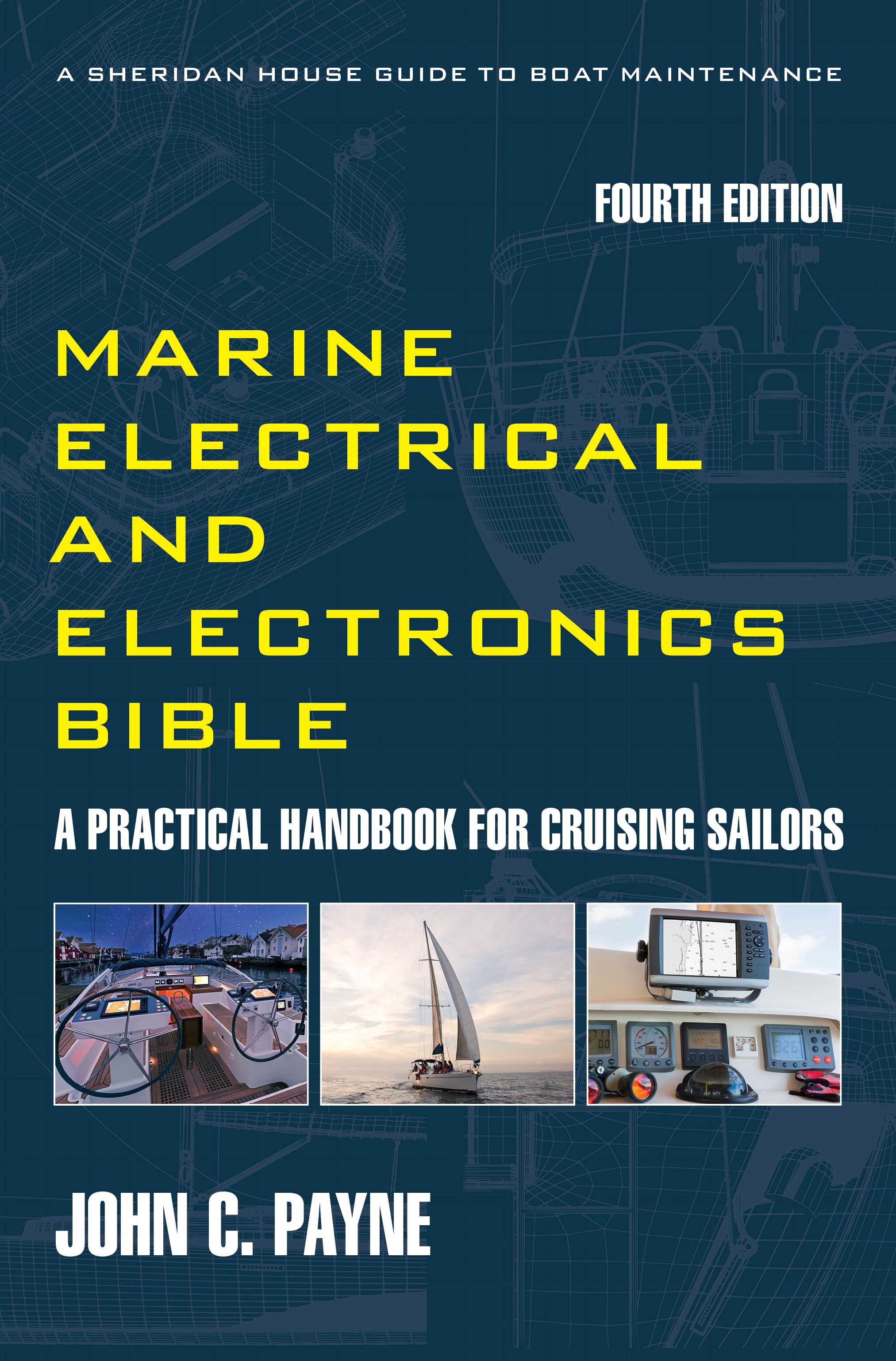24 Volt Boat Battery
24-volt boat and yacht electrical systems are on most commercial vessels, such as trawlers and work boats who use a 24 volt boat battery for an industry standard system voltage. There are larger sailing yachts, trawler yachts and power boats that also have 24 volt electrical systems but they are not that common. In fact, so do many commercial vehicles such as trucks and buses run on this more efficient voltage.
I have always been perplexed by the relatively low use and acceptance of 24 volt boat battery systems in so many pleasure boats given the significant advantages that it offers. You can get deck winches and windlasses in 24 volts, and trolling motors also come in 24 volts. Also bow thrusters come in 24 volts as do main and headsail furling systems or hydraulically powered systems as well. If you use inverters to power up AC appliances, then 24 volts is also available and is a good solution. In addition, you can get toilet waste pumps, water pumps and even lighting is available in 24 volts.
For more answers and advice check out the Marine Electrical and Electronics Bible.
Marine Electrical Electronics Bible24 Volt Boat Battery Systems
The voltage is derived by simply connecting 2 x 12 volt or 4 x 6 volt batteries in series. The usual reasons quoted for not installing a 24 volt boat battery system in yacht electrical systems are the difficulty in obtaining devices, appliances, lights, electronics and so on. This argument is basically flawed as most equipment and lights are also available in 24 volt ratings, and what few devices that are unavailable can be supplied by using a DC-DC converter. Much electronics is also able to function on 12 or 24 volts as power supplies are designed for a range of voltages. The nominal charging voltage for a 24 volt boat battery system is 28 volts to properly charge the battery bank. One drawback is few engine manufacturers configure marine diesel engines in 24 volts, at least around the 30hp rating or less, and the voltage is usually optional as engines get larger.
24 Volt Boat Battery Systems
The disadvantages of 24 volt boat battery systems and yacht electrical systems are very few with a very slightly higher rate of system leakage problems in damp atmospheres and that is only encountered in poorly maintained boat equipment. The big advantages of 24 volt boat battery electrical systems are significantly reduced cable sizes, by 50% as the current is halved. On long cable runs this reduces voltage drop problems, which is a perennial issue and on systems such as an anchor winch or windlass then it means big reductions in cable weight and voltage drop but for lighting not so much.
It should be noted that there is a practical minimum size for general cables and wiring in boat and yacht electrical systems. So many people get bogged down in working out allowable voltage drops and sizing cables to the minimum they can.
In practice I always wire boats with a minimum of 1.0mm for lighting and lower power consumption devices and standardize
at 2.5mm for most equipment. Whilst you check power consumption and voltage drops in the end it is
more than capable of carrying loads. Do the math or use the ABYC based tables on the internet. Even houses use a couple of standardized
wire sizes, and limit the connected load current. Equipment size and weight is also
reduced with motors being much smaller, and more efficient. Consequentially other weight savings can be
realized as smaller battery banks can also be used, so weight savings on boat electrical systems heavy
cabling and battery banks. There are also reductions in the level of
system disturbances but that is dependent on the equipment used.
24 Volt Boat Battery Systems
Is it economical to change over from 12 volts to a 24 volt boat battery system? probably not with an existing system. But should you be deciding on building a new boat, or rebuilding and gutting the old system then absolutely I think going with a 24 volt boat battery electrical system is a great idea although 48 volts is becoming a realistic proposition. When coupled with new battery technologies such as Lithium-ion it makes sense. You can get everything in 24 volts, and if some electronics are not available except in 12 volt a DC to DC converter will solve that. These days you can get 48 volt equipment that ranges from anchor windlass to thruster along with alternators to charge the batteries, as well as wind generators and more.
The decision is about what type of boat and even how big a boat. While much is discussed about reducing cable sizes and so weight and some expense, in the scale of things these are not that great. But system efficiencies make the equation work. Given recent developments I would now seriously look at 48 volts boat electrical systems on any reasonable sized boats from say 40 foot and upwards. More about that in the 48 volt discussion. Look at your boat and yacht electrical systems and all about boat electrics.
